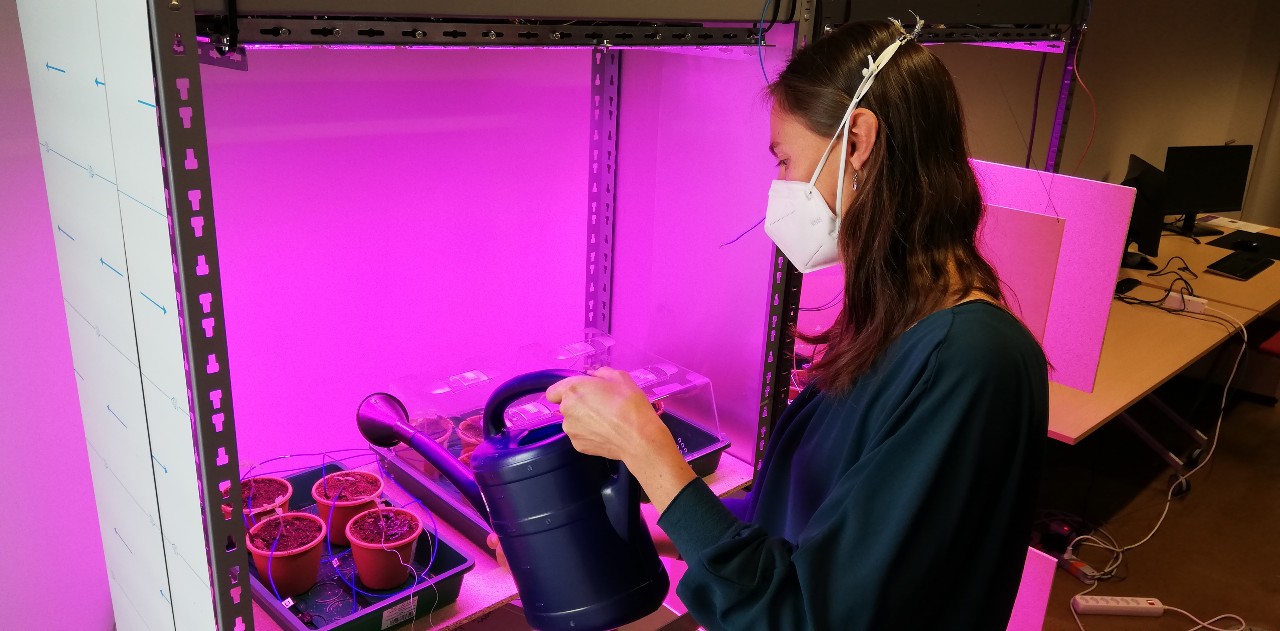Discovering data science
I started my career as a plant researcher, mainly focused on lab work. I find it fascinating to be in an environment that is dominated by machine learning and data analysis. Literally a whole new world has opened up to me, it includes terms like datalake, Matlab and Python, Github, Pull Requests, Jupyter notebooks, machine learning, CNN, spectograms, window shifts, trello board etc. etc. (yes, I could keep going !) Luckily with a lot of support from the other team members Tommy and Sandro, I am proud to say that I have overcome the initial obstacles. I am now capable of writing my own code to visualise or manipulate data. Moreover, I am even making improvements here and there to make analysis and reporting easier! It is great to have such a supportive team and realise how far I’ve come in the little more than 2 months I have been at Vivent. So for anyone out there with doubts; find some great and patient teachers and go for it, if I can do it, you can too!
Working with customers
I also have contact with other companies, research institutes and growers. Each one with their own specific questions and set-ups. It is extremely interesting to talk to all these people and hear about their experiences and knowledge on certain topics. In some cases, whole new worlds open up here as well. Did you know that most growers still physically enter their greenhouse to double check the settings from a climate control chamber to see if the plants are doing alright? Or that some greenhouses have special bumblebees that are more active in winter, to keep the tomato growth and harvest going? Furthermore, I get to speak in my native language again and it just feels good to hear some typical Dutch dry humour.
Setting up the office lab
As I am a plant researcher by training, not everything is new. I am used to working in a laboratory and I’m enjoying setting up our own laboratory at Vivent to run experiments for the verification of models, pilot tests or just the testing of a new device. At the same time, this is also a challenging part of my daily life as a plant physiologist. Since we do not have the facilities that most research institutes have, we are finding ways to do the same manipulations without having the enormous equipment researchers would normally use. Fortunately, our years of experience help us – Andrzej and me – to know what is really essential and so far it seems to be going better than expected.
Supporting students
Another part of my daily tasks is to support student projects. They often come up with questions or suggestions that amaze us; things we may not have thought of (yet). It is also nice to see their enthusiasm when they hear about the project and see a live plant response to wounding or watering for the first time. It is even better when someone is allowed to ‘play’ with the sensors and plants for the first time (if the COVID rules allow it of course).
And last but not least, there are the plants
They are talking to us and it is extremely interesting to try and understand what they are telling us. It happens regularly that we have a beautiful spike train (a signal with a lot of spikes, meaning that something is happening to the plant at that very moment) or another feature that we are all amazed at. Images of interesting signals regularly pop-up on the shared channels within the Vivent team. Each plant has its own ‘signature’ and we are only at the beginning of trying to understand all they’re saying. I can only say that it is extremely enjoyable, every day comes with new challenges and I hope to be allowed to listen in for much longer.

